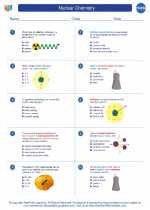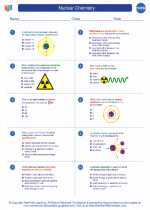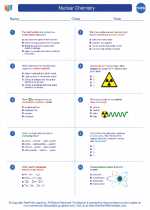Maturation in Chemistry
Maturation in chemistry refers to the process by which a substance or material undergoes a natural aging or ripening, leading to changes in its chemical composition, physical properties, or overall state. This process can occur in various chemical systems, including organic compounds, polymers, and materials like ceramics or glasses.
Factors Affecting Maturation
Several factors can influence the maturation of a substance:
- Time: Maturation often occurs over a period of time, with the rate of change depending on the specific material and environmental conditions.
- Temperature: Elevated temperatures can accelerate maturation, leading to faster chemical reactions and structural rearrangements.
- Pressure: Some materials may mature under high-pressure conditions, affecting their physical and chemical properties.
- Presence of Catalysts: Certain substances may require the presence of catalysts to facilitate maturation processes.
Examples of Maturation
Maturation processes are observed in various chemical and material systems:
- Wine Aging: The maturation of wine involves complex chemical reactions that alter its flavor, aroma, and overall quality over time.
- Polymer Curing: Many polymers undergo maturation processes, such as crosslinking or curing, which enhance their mechanical strength and stability.
- Crystal Growth: Crystalline materials may mature through gradual crystal growth, leading to changes in their macroscopic structure and properties.
Study Guide
When studying maturation in chemistry, consider the following key points:
- Understand the underlying chemical and physical processes that drive maturation in different materials.
- Learn about the specific factors that can influence the rate and extent of maturation in a given system.
- Explore real-world examples of maturation in various industries, such as food and beverage, materials science, and pharmaceuticals.
- Examine the analytical techniques used to monitor and characterize maturation phenomena, including spectroscopy, microscopy, and thermal analysis methods.
- Consider the practical implications of maturation processes, such as their impact on product quality, stability, and shelf life.
By mastering the concept of maturation in chemistry, you can gain valuable insights into the natural evolution of materials and substances, as well as their applications in industrial processes and everyday products.
[Maturation] Related Worksheets and Study Guides:
.◂Chemistry Worksheets and Study Guides High School. Nuclear Chemistry

 Worksheet/Answer key
Worksheet/Answer key
 Worksheet/Answer key
Worksheet/Answer key
